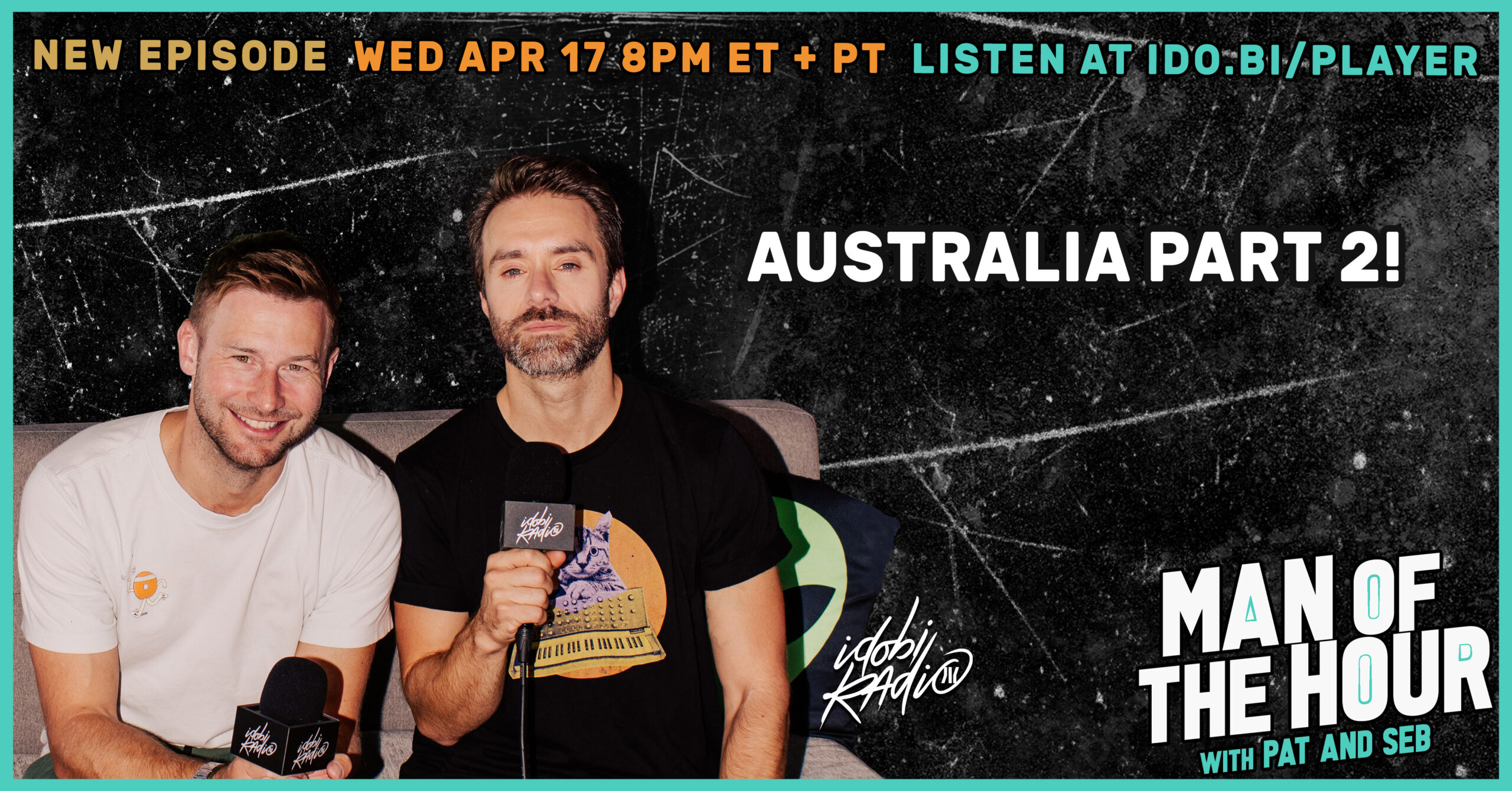The record industry’s campaign to wrest consumers away from pirate internet music services has been a failure, with increasing numbers of technology-savvy fans turning their back on legitimate sales and downloading singles and albums free. An report to be published today reveals that sales of legitimate downloads brought in only $1 million last year, despite expectations that music would lead the way in recouping the $4 billion invested across the entertainment sector to capitalise on the expected boom in digital content.
In contrast, up to 2.7m people at any one time are now logging on to free file swapping services, such as Music City and FastTrack. Last year, they exchanged more than 8bn tracks between them, according to the research by OC&C Strategy Consultants.
The impact of digital file swapping is already being felt in conventional music sales. US industry executives believe that 5% of CD sales were lost to digital piracy last year, and as much as 10% could be at risk this year.
“The digital visionaries were right,” the report’s authors conclude. “The digital revolution is happening – but not legitimately in paid content generating billions of dollars worth of transactions. Instead it is for free, through pirate file sharing services.”
The findings, based on in terviews with executives from leading US and UK record labels as well as online retailers and digital service providers, will send a chill through the music industry.
When the powerful Record Industry Association of America took the pioneering file-sharing service, Napster, to court for copyright infringement and had it shut down last year, executives believed that they had struck a fatal blow to the pirate services.
But the latest research reveals the extent to which the demise of Napster and the industry’s increasingly heavy-handed campaign against pirate site users has failed to kill off consumer demand for free downloads.
In Napster’s place, a host of sophisticated peer-to-peer file swapping services, such as Gnutella, Morpheus and Aimster, have emerged, that now boast a user base far in excess of peak Napster usage and which have proved much harder to shut down.
While Napster relied on a centrally maintained computer server to locate files and direct traffic between individual users, the latest breed of services allows individual users directly to search the computers of other people in the network to find the digital files they want. Once the file is found, it can be directly downloaded from that computer.
The industry’s attempts to put the download genie back in the bottle by offering legitimate, paid-for music services such as Pressplay and MusicNet have proved expensive flops.
“Even ‘non-techies’ are in creasingly likely to have an MP3 player, high quality PC speakers and a CD burner at home/work,” the report says. “These consumers want to be able to use their devices in a simple and non-software intensive way. They want to browse music and sample before they buy.
“Clunky technology and excessively high pricing models are not tolerated – especially when consumers have already discovered that the nearest alternative is not only straightforward to use but free – from ‘pirate’ peer-to-peer file sharing services.”
But the biggest long term threat to the industry is the digital piracy of CDs before they have been commercially released. Promotional singles and albums sent to radio stations, television music channels and club DJs are finding their way to the file swapping services so that by the time they are released, the market is already almost exhausted.
Britney Spears’ single I’m a Slave For You was downloaded on the FastTrack network four weeks before its official release last October. By the end of the week before release, more than 200,000 copies had been downloaded, according to the report.
The report also warns that new movies and software packages are also being swapped, fuelled by the expansion of fast broadband internet connections.
Sarah Davison, one of the report’s authors, said: “It may not be too late for entertainment industries to turn this around, but [there’s] not as much time as executives seem to think.”





























